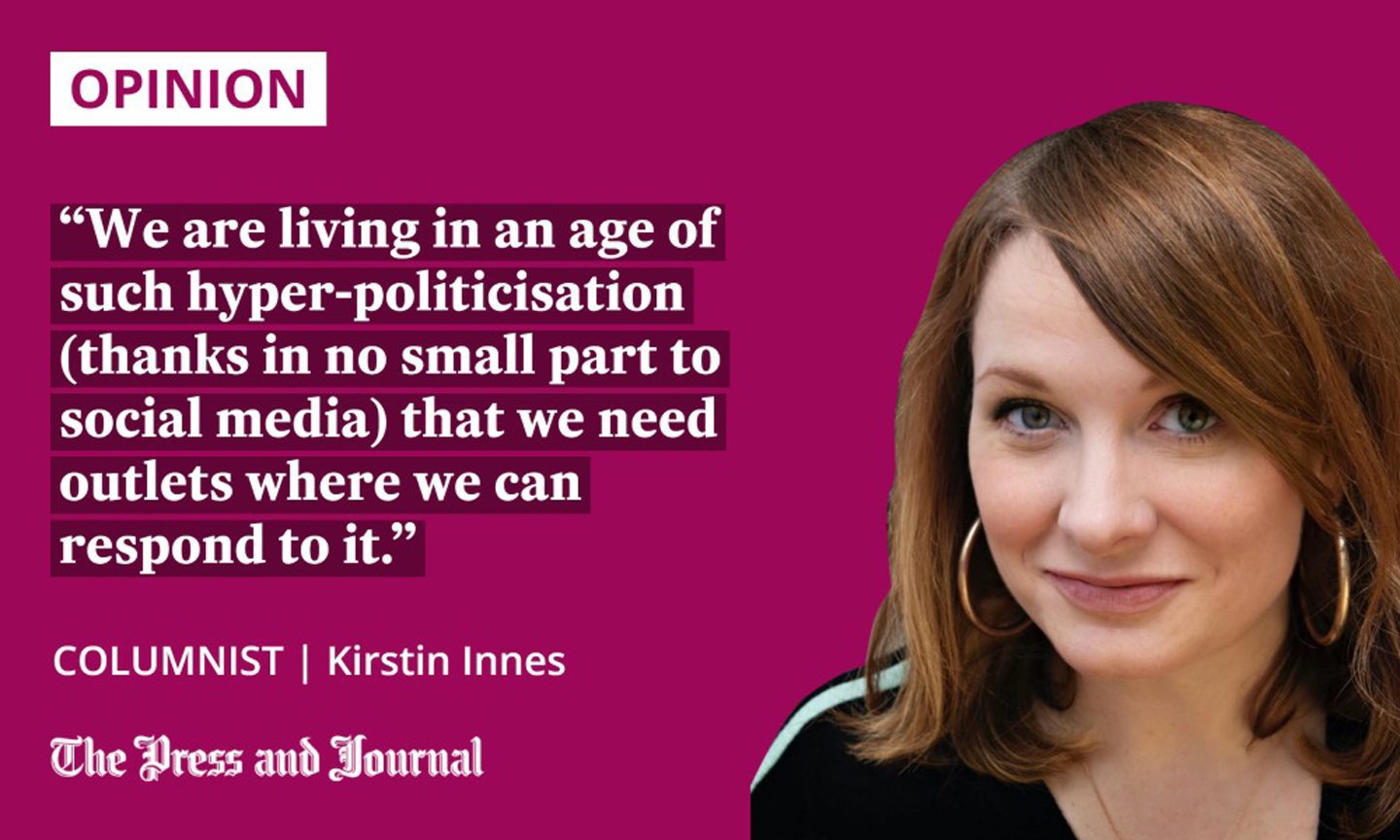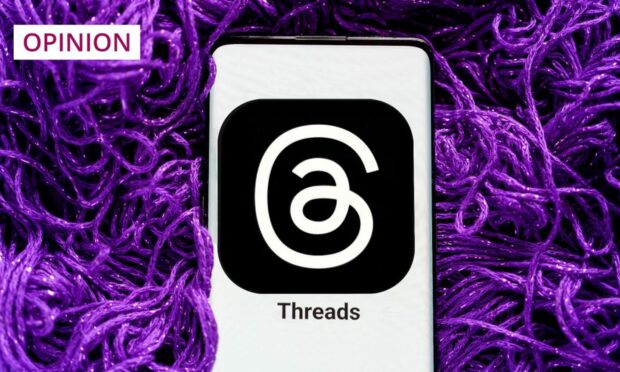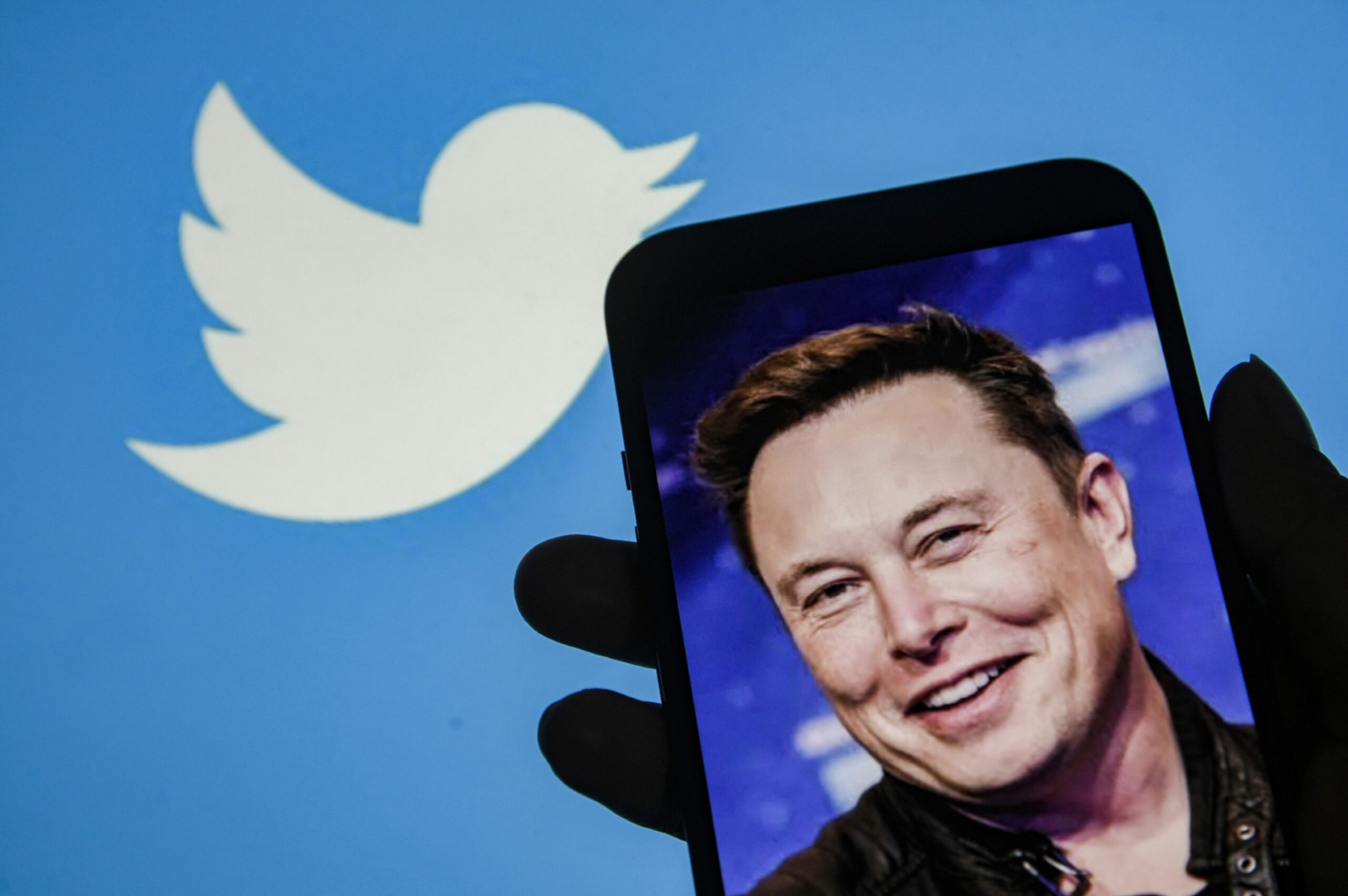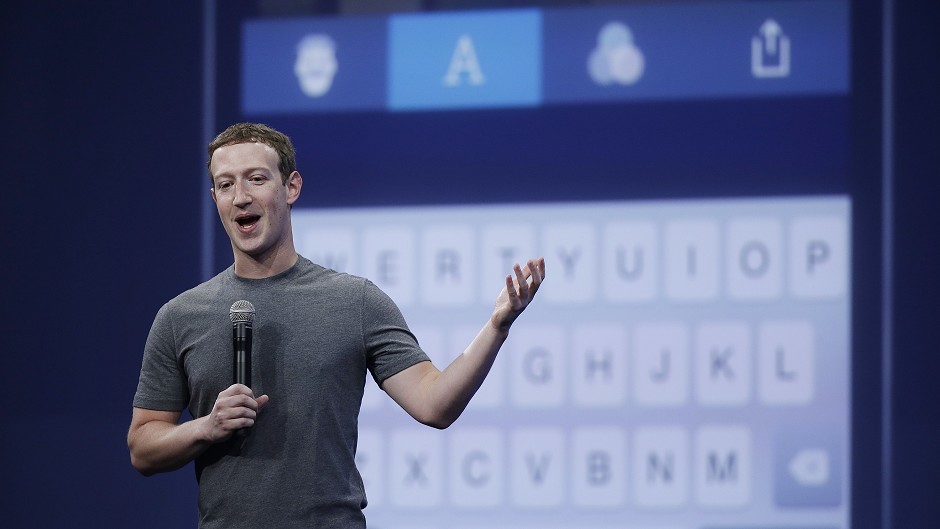Exactly one week ago, the chaotic and completely made-up world of social media was rocked by the arrival of a new platform: Threads.
Essentially, it’s a different take on Twitter, as reimagined by Facebook and Meta boss, Mark Zuckerberg, with the help of all the former, high-ranking Twitter engineers and coders fired by Elon Musk during the beginning of what I think we can now politely call his “reign of chaos” over the social media site.
Threads launched stealthily, while Twitter users were particularly grumpy about some new bit of bad management or other. And, by cleverly attaching its accounts to those of the image-based social app, Instagram, it managed over 30 million user sign-ups and 95 million posts in its first day.
As I write this, Threads user numbers have just hit the 100 million mark. None of these users are in the EU, as the app’s privacy and data-sharing controls aren’t yet in line with the EU’s Digital Markets Act, but that doesn’t seem to have bothered those merrily handing over yet more of their privacy to The Other Tech Billionaire. (Including myself. I was curious; I didn’t read all the small print.)
It’s… not revolutionary. Threads users have been mostly posting about how calm and friendly the app is compared to Twitter.
Zuckerberg announced during the launch his ambition that the app would focus on “kindness”. And, in a way, it does feel like a gentler, nicer space; like social media did in its very early days – everyone self-consciously on their best behaviour, making an effort to share whimsy, pictures of pets and dinner.

The snarl and negativity that surrounds most discussion on Twitter is, so far, mostly absent. Whether this is a curatorial choice or not is not yet totally clear, although when the US alt-right leader Richard Spencer, who has successfully used social media to sow extreme division, boasted about having infiltrated the app, his account was taken down by Meta.
Meanwhile, Twitter this week has been leaning into its reputation, with one particular story bringing its nastiest, most irresponsible aspects out.
After The Sun published an article which alleged that an unnamed BBC presenter had paid money to a person who may or may not have been just under 18 for explicit images, Twitter users devolved into frenzied, libellous and often appallingly homophobic speculation about the identity of the presenter, with names of BBC employees being thrown around merrily.
There is apparently no moderation on Elon Musk’s Twitter; in previous eras of the social media site, these allegations would have been flagged up as unproven, or the accounts making them suspended.
Now, a quick, ugly scroll of the hashtag #bbcpresenter on the site throws up links to a lot of dodgy-looking websites, purporting to be news providers, with completely unsubstantiated accusations of paedophilia attached to almost any name which has been suggested in a tweet. These are being retweeted by Twitter users as though they are fact.
Twitter users have behaved unacceptably
We’re beyond the Trumpian cliché “fake news” now; social media’s global scope is so vast that millions of people believe in and disseminate “information” without a shred of fact, or care.
So, who has that same liability on Twitter? There seems to be no sense of individual, personal responsibility
When writing about this issue in a newspaper, I have to be extremely careful about the language I use; the editorial team and publishers of The P&J are liable for anything I might even inadvertently suggest. So, who has that same liability on Twitter? There seems to be no sense of individual, personal responsibility.
One of the things that has been particularly chilling about the way Twitter users have responded to this story is the sense that they are all part of a great big intriguing gossip game, with no thought that the celebrity names being chucked about might actually belong to real people, or that lives may be affected. How have so many people, hundreds and thousands, come to think that this behaviour is in any way acceptable?
We need somewhere to discuss news and politics
Threads may be styling itself as “a less angry place for conversations”, to quote head of Instagram Adam Mosseri, who oversaw the new app’s development and has suggested that politics and news stories will not be prioritised in the algorithm. “My take is, from a platform’s perspective, any incremental engagement or revenue they might drive is not at all worth the scrutiny, negativity (let’s be honest), or integrity risks that come along with them,” he said.
But people will always need a place to discuss news stories and politics. We are living in an age of such hyper-politicisation (thanks in no small part to social media) that we need outlets where we can respond to it.
Censoring the topics that will appear on an app rather than enforcing responsible standards on how those topics can be discussed seems like a misfire. However, when something like Twitter in its current form exists, maybe it’s too late to stuff that particular genie back into the bottle. I really hope it’s not.
Kirstin Innes is the author of the novels Scabby Queen and Fishnet, and co-author of non-fiction book Brickwork: A Biography of the Arches


